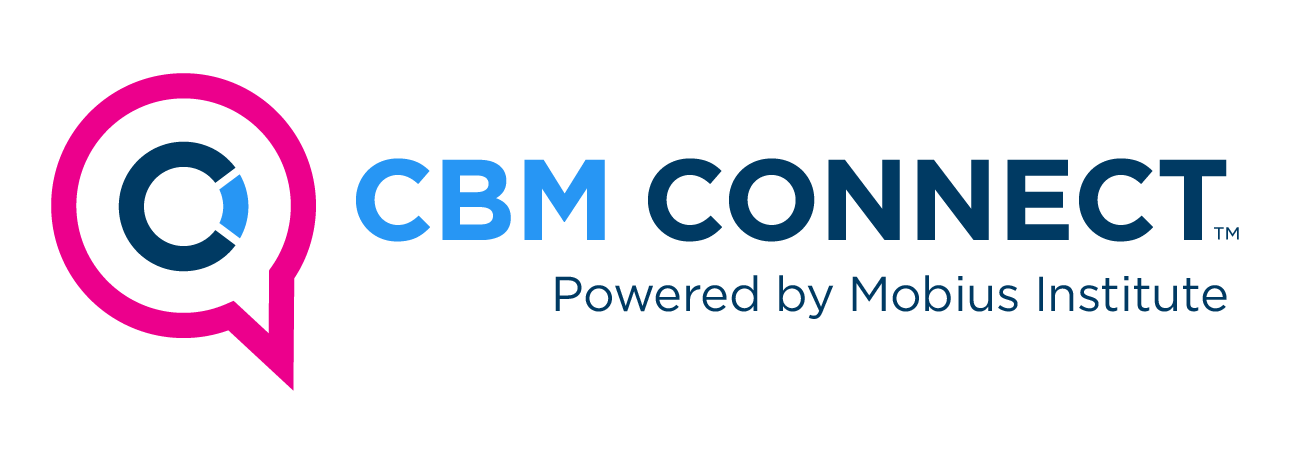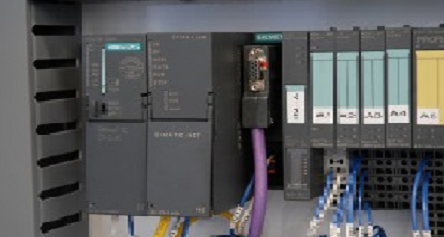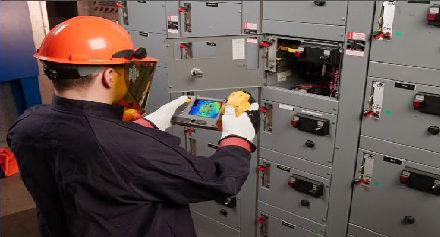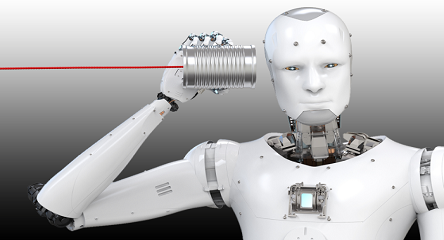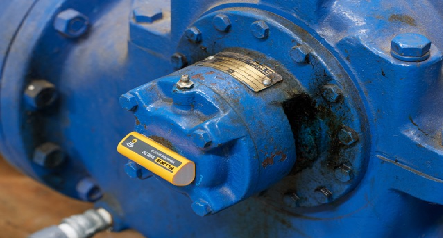Tips for Retaining Institutional Knowledge and Managing Cultural Diversity
Every day, knowledge walks out the door in the form of retiring workers. Over time, highly experienced maintenance team members have learned how an asset inherently behaves, and because of their tenure, they instinctively know when it isn’t operating normally.
Additionally, many maintenance gurus have likely developed unorthodox ways to work around obscure maintenance obstacles by using improvised but successful repair methods. Should a younger maintenance team member ask, “How did you do that?” the expert might answer, “It’s all up here,” and point to their brain. That’s tribal knowledge.
Transversely, while the aging workforce is leaving, Industrial Internet of Things (IIoT) technology is entering. This transference is creating a knowledge gulf. Retaining or repurposing valuable tribal knowledge for use by the new generation of workers presents difficult hurdles. Companies that develop creative ways to entrench institutional knowledge into the organization before it disappears gain a competitive advantage.
Here are some tips:
Sometimes it’s easier for people to talk through and show a procedure rather than writing it out. Capturing knowledge using a video camera is an alternate way to record information. Videos like those on YouTube provide an enhanced understanding of, for instance, how to join sensors with software to enable the collection of asset conditioning monitoring data. Videos don’t need to be elaborate. Make them simple and clear enough for personnel to understand easily.
- Become less dependent on legacy knowledge
Today’s maintenance champion is still the worker who runs into work at the break of dawn to make emergency repairs to an asset. However, proactive approaches such as predictive maintenance (PdM) strategies using real-time condition monitoring devices and computerized maintenance management systems (CMMS) capabilities are changing the tide. These technologies, made possible by the IIoT, allow organizations to rely less on veteran maintenance masters and move toward technological solutions for achieving maintenance and asset reliability.
- Encourage online problem solving
Today’s young workers could not imagine solving a problem without using the internet. Job interview candidates, especially if it involves technical know-how, are often barred from its use during knowledge tests. It’s outmoded thinking. Knowledge recall certainly has its place in many situations, as with maintenance veterans; however, if technology is the fastest route to finding an answer, why not let new-generation workers use it? The internet is a valuable resource and timesaver for getting jobs done quickly and more effectively.
- Facilitate multigenerational interactions
A demographic transition won’t happen overnight, but it’s inevitable. Most likely, your older and younger workers are sharing the same space. The workplace environment might be fraught with annoyances and frustrations on both sides because of differing viewpoints and upbringings.
Progressive companies are presenting opportunities for the two diverse groups to interact and discover each other’s value to the organization and diverse strengths. Gamification is one of many creative ways to enable interactions between generations. In due course, everybody wins when knowledge is shared.
A similar post was originally published on Accelix.com.
